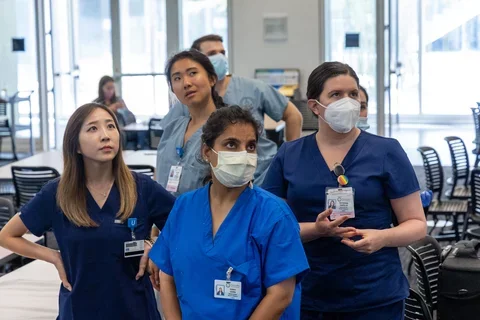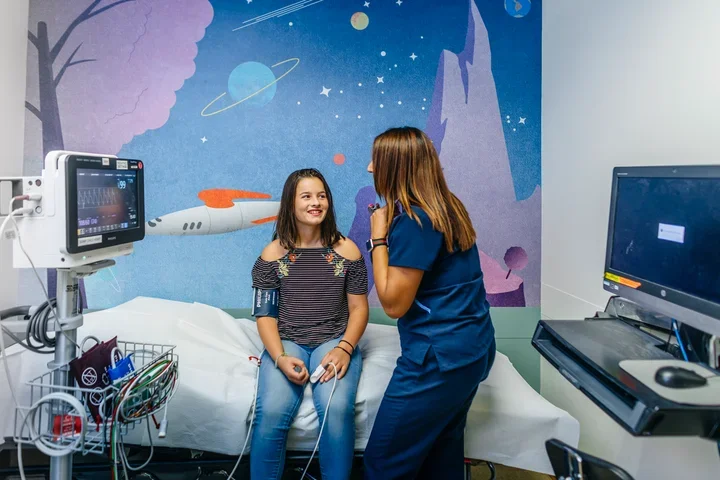Basic Medical Terminology Every Med Student Should Know
How to Prepare for Medical School

Medical Vocabulary Every Pre Med Student Should Study
Knowing some medical terminology may give pre med students an advantage when preparing medical school applications. The medical field has a seemingly endless number of terms, and premedical students aren't expected to know many of them—they will develop a basic medical vocabulary from classes and clinical experiences. But students may find learning these terms to be motivating as they pursue careers as physicians.
Science Terminology
During their undergraduate years, students are required to take science courses and to take the Medical College Aptitude Test (MCAT). Some of the material covered in these courses is relevant to future medical training, including physiology, biochemistry and microbiology. In addition, the biological sciences section of the MCAT may include medical terms ranging from "molecular biology" to "systems physiology." Although some students take medical terminology as an elective in school, it's possible to learn important terms in premedical classes and reinforce them through studying for exams and the MCAT.
Clinical Terminology
Premedical students may be exposed to medical terminology during clinical experiences. Clinical work ranges from observing a physician to doing paid work as a scribe or emergency medical technician. The most important terminology to learn is that which protects patient safety and confidentiality. In clinical settings, there is usually a set of code words to identify different types of emergencies. The most commonly known is "code blue," meaning cardiac arrest, but this code may vary. There are many other codes to address a range of dangerous situations such as assault, abduction and bomb threats. Students volunteering or working in clinical settings should expect to receive an orientation along with a manual listing important codes.
Anyone interested in gaining clinical experience should understand HIPAA, the federal Health Insurance Portability and Accountability Act. One purpose of HIPAA is to make it easier to protect the confidentiality and security of healthcare information. It is important for premedical students to understand and protect patient confidentiality.
Role of Physician Shorthand
Because physicians must work quickly to address the needs of patients and write detailed documentation, shorthand has emerged. Most medical terms are derived from Greek and Latin, which can be long-winded, and therefore are often abbreviated. For example, a surgeon may order that a patient remain "NPO" before a surgery. NPO is an acronym for the Latin phrase "nil per os," or "nothing by mouth." That means the patient should not be given food, beverages or oral medications. It may be helpful to study popular Latin and Greek prefixes, suffixes and medical terms before medical school.
Some specialties within the medical community have their own specific terminology. For example, the emergency department has a great concern about the "disposition," or predicted outcome, of a patient. Another type of shorthand is memory cues or mnemonics for remembering the important aspects of medical care. In assessing trauma, there's a commonly used acronym, "ABCDE," which prioritizes life-preserving measures: airway, breathing, circulation, disability status and exposure and environment. Though some of this terminology is included in textbooks, much of it is passed from preceptors to their students. This wisdom is colloquially referred to as "pearls," which are generally prized among students who want to learn a specialty.
One exciting thing for premedical students to know is that new language to describe better diagnostics and treatments continues to grow. The David Geffen School of Medicine at UCLA is actively involved in the discovery and adoption of better medical care. New information is continually incorporated into medical school and residency. Medicine has a vast vocabulary and pre med students are not expected to know much, but they should be excited to learn.



